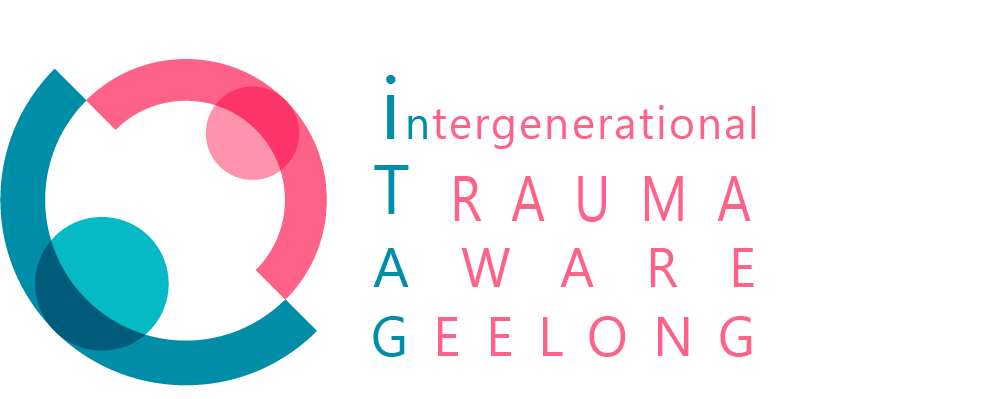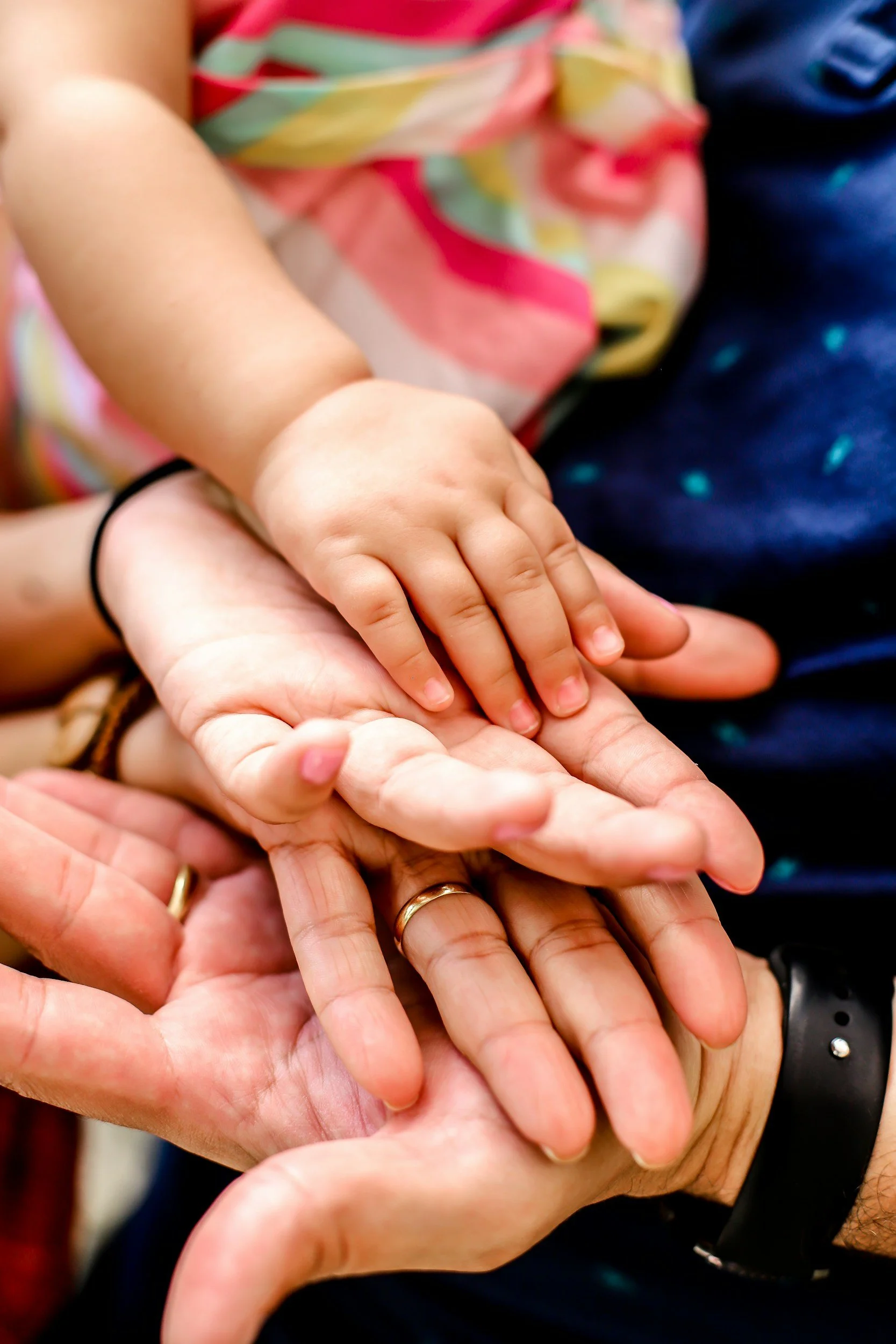in-TAG
intergenerational Trauma Aware Geelong
What is
in-TAG?
The in-TAG movement was born from a critical need to reduce the significant health and community impacts trauma has on our Barwon region.
By collaborating with local organisations, government, and community members, in-TAG aims to increase community understanding of the effects of trauma; how it is often passed down from one generation to the next (intergenerational); and is closely tied to the feeling of shame and neurobiological factors (such as innate and acquired differences in how people think and learn [i.e., neurodiversity]), and how trauma can shape the brain and the rest of our biology).
Through building this awareness, in-TAG hopes to influence how organisations and individuals respond to signs of trauma, encouraging the adoption of systems that reduce re-traumatisation and promote more positive responses to trauma, both professionally and in everyday life. The movement draws inspiration from successful trauma-informed communities overseas and hopes to create a cultural shift that reduces the risk of trauma while improving community connection and well-being in Geelong.
Why is it Important to Respond to Trauma?
Trauma can be described as an event or series of events that involves physical, emotional, or life-threatening harm. It can profoundly impact individuals and communities in various ways, creating widespread mental health issues, physical health problems and contribute to social issues like violence and substance abuse. Trauma can also cause trust and cooperation within communities to breakdown. Unfortunately, trauma is often passed down from one generation to the next (intergenerational trauma), which causes further individual and community harm. When trauma is acknowledged and treated, the healing process can begin, negative patterns can be broken and stronger, healthier communities can be built.
The role of Shame & Neurodivergence
To understand and respond to trauma, we need to understand the closely tied relationship between trauma, shame and neurodivergence. The feeling of shame is closely connected to trauma and is often experienced by individuals who have experienced traumatic events. Neurodivergent individuals, such as those with autism, ADHD, or other neurological differences, may be more vulnerable to experiencing trauma or may respond to trauma in unique ways due to sensory sensitivities, social challenges, or difficulty with emotional regulation.
Free Training course
Trauma, Neuro, and Shame Awareness: Best Practice for Professionals, Organisations, and Communities
Learn how trauma and shame influence behaviour, and how we can use this knowledge to reduce conflict and improve relationships.
This course is free to access if you sign up using the link below and selecting the ‘limited access’ option, which provides free access for four weeks.
We’re currently finalising a shorter version of the course - stay tuned!
just a thought
just a thought
Deakin University’s Dr. Hannah Bereznicki and Professor Peter Miller joined Pulse FM’s Leah Veenhuizen to explore the roles of trauma, shame, and neurodiversity. Offering valuable insights into these important topics and the in-TAG movement, this discussion is worth a listen!






Get Involved!
If you would like to be a part of the in-TAG movement, send us an email using the link below
Connect Research and Training Initiative
Research, training and community
The in-TAG initiative is aligned with Deakin University’s Connect Research and Training Initiative. Connect is dedicated to advancing understandings of how to promote healing and connection in the face of trauma, shame, addiction, maltreatment and aggression. Click on the link below to find out more.





